Your home is an investment, but with all the available options, how do you know you have the right homeowners policy? Check out these five commonly asked questions to learn more about homeowners insurance.
1. Is homeowners insurance required by law?
No state or federal law requires you to carry homeowners insurance. However, if you have a mortgage on your home, the bank will require this policy as a condition of your loan. Even if you own your home outright, a homeowners policy can protect your investment and shield you from enormous financial loss if a covered cause destroys your home and everything in it.
Some home insurance policies also provide liability coverage if someone is injured on your property or if someone in your household is responsible for bodily injury to others or damage to their property.
2. What does homeowners insurance cover?
Most standard homeowners insurance policies cover the cost of repair or replacement in the event of damage from a fire, smoke, a falling tree, theft or vandalism, or damage caused by weather such as lightning strikes, hail, or wind. This coverage will cover the structure of your home and its contents, such as appliances, furniture, clothing, and other possessions.
Often outbuildings on your property as also covered, such as a garage, barn, shed, or fence. Swimming pools can also be covered, though these high-risk features may require additional liability coverage. Be sure to talk to your Westwood agent about what your specific policy covers, but be aware that most policies don’t cover flood, earthquake, or damage from wear and tear.
3. What are the different types of homeowners policies?
There are different types of homeowners insurance policies, and your specific needs will determine which is right for you. For example, some basic forms of homeowners insurance only cover the actual dwelling, while other broader policies can include the home’s contents or cover nonstandard perils. The most common type of homeowners insurance, an HO-3 policy, will cover the dwelling, belongings, and liability claims.
It’s important to check if your policy is a replacement cost homeowners insurance policy or actual cash value homeowners insurance. Replacement cost homeowners insurance policies will pay claims based on the cost of rebuilding or repairing your home. In contrast, actual cash value homeowners insurance will pay claims after accounting for any home value depreciation.
4. How much home insurance do I need?
How much home insurance you need depends upon how much home you’re buying and can vary by the location of your home. Ultimately, if disaster strikes, you’ll want enough homeowners insurance to rebuild the structure of your home, help replace your belongings, defray costs if your home becomes inhabitable, and protect your financial assets. The condition of your property and the value of your belongings can also affect the amount of insurance you’ll need.
You’ll also want to consider how these factors might affect the type of insurance coverage you’ll need, such as if you’ll be looking at extended replacement cost or guaranteed replacement cost, both of which address a potential rise in building costs. Your Westwood agent can help you navigate these options to find the best policies for your home.
5. How can I lower the cost of my homeowners insurance?
There are a few different ways you might be able to lower the cost of your homeowners insurance. One option is to raise your deductible, which can help you save on premiums. According to the Insurance Information Institute, raising your deductible from $500 to $1000 can save you as much as 25 percent. Still, if you live in a high-risk area, you may have a separate deductible for certain kinds of damage.
Making your home more disaster-resistant by reinforcing your roof, installing a sprinkler system to combat fire, or modernizing heating and electrical systems can qualify you for other savings. You might be eligible for potential discounts by bunding home and auto policies or improving your home security with burglar alarms, advanced smoke detectors, or more secure locks. The best way to find the best price for your insurance is to work with your Westwood agent. As an independent agency, Westwood can do the shopping for you to find the coverage that suits your needs at the best price.
For more information about homeowners insurance or to check if your coverage is the best for you, reach out to your Westwood agent.





